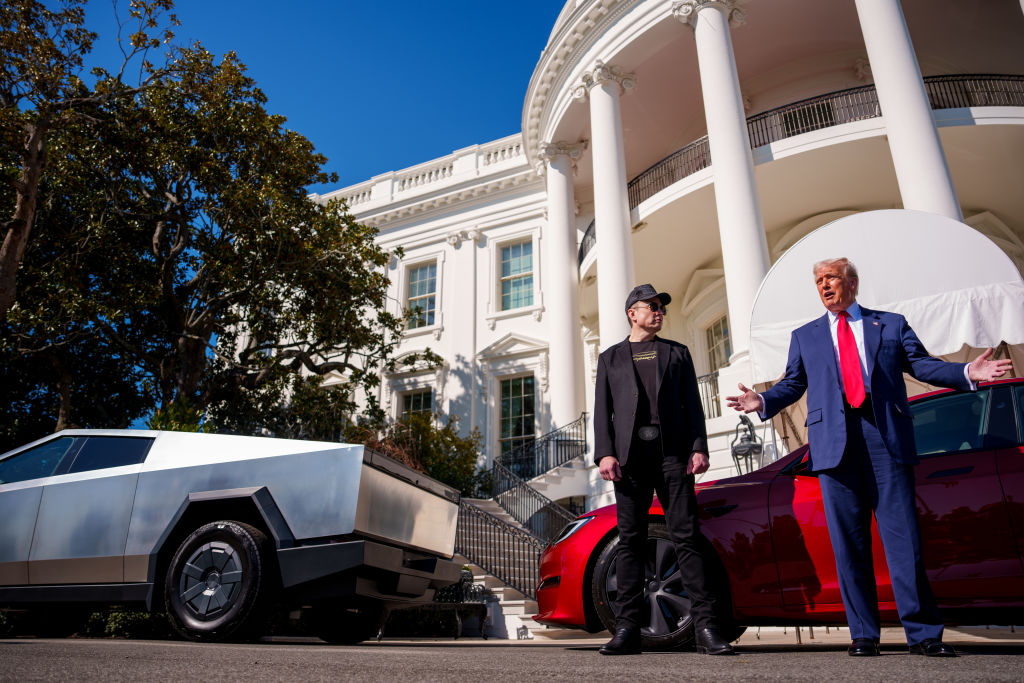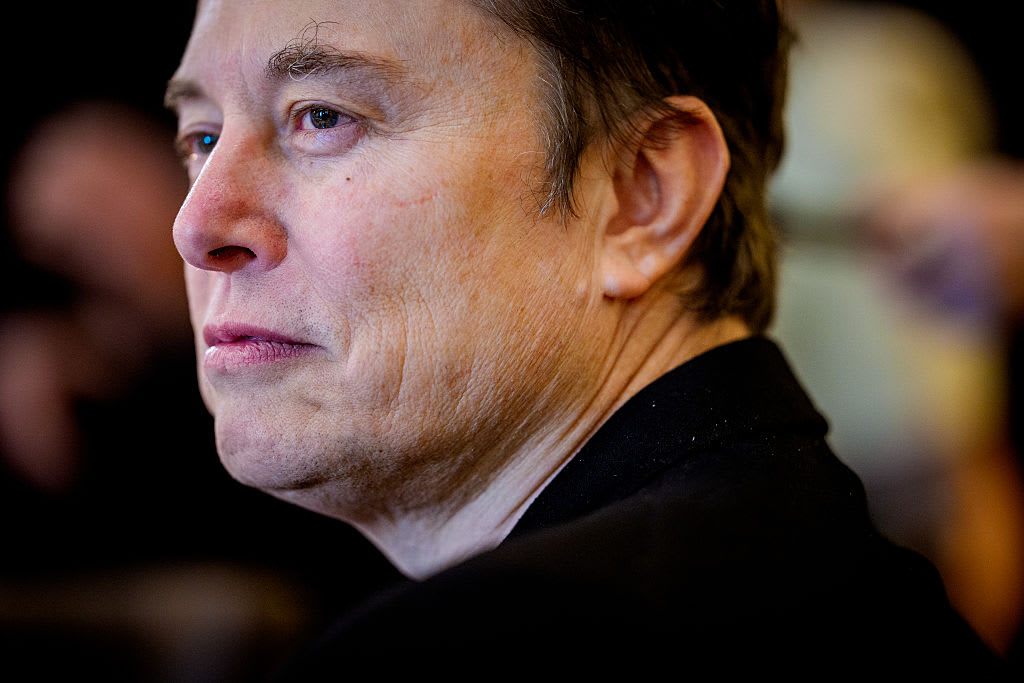Cleaning up social media posts, one blunder at a time
Kitty Parry wants to help the Elon Musks and Reed Hastings of the world.
While presumably more tech-savvy than most, the respective co-founders of Tesla (TSLA) and Netflix (NFLX) have managed to commit sizable faux pas on social media. Last last year, Musk inadvertently shared his personal cell number with his nearly 17 million Twitter followers, while Hastings in 2012 drew regulatory scrutiny for a Facebook post that securities regulators said ran afoul of federal disclosure rules.
If Musk, "a great entrepreneur, accidentally tweeted his personal mobile," so can and do others, said Parry, founder and CEO of Social Media Compliance, a U.K.-based company that helps companies detect potential data breaches.
- Commerce Secretary says U.S. may have picked a fight with China
- Bitcoin could change the world -- even if it crashes
- More coverage from Davos 2018
Many people don't realize the full scope of information that inadvertently might be revealed through social media platforms such as Instagram and Facebook, Parry told CBS MoneyWatch at the World Economic Forum in Davos, Switzerland.
"Social media is like a Ferrari of communication," said Parry in likening the medium to the Italian sports car brand. "It's gotten so fast, and no one's got a seatbelt strong enough to keep you in place and to keep you safe."
The sheer number of selfies taken worldwide each day -- Parry estimates the number at 93 million -- means there is bound to be sensitive information in some of the shots.
"People forget that in the background, there's [intellectual property] information about the latest product, [or] they might have confidential analysis on a whiteboard that they've just been doing," she said of the kind of information often shared in the public domain.
Parry's company claims to have built the first machine-learning algorithm that recognizes data breaches in images.
"We sometimes see people taking photos of their Sunday ice cream or their bagel on a Sunday and their credit card is in the background," she explained. "We'll just ping them and say, 'Hey Fred, loving your bagel, but your credit card is in the background'."
In the works for three years, Social Media Compliance's concept evolved from the idea of giving regulators an enforcement tool.
"The best example of this is the Reed Hastings example of Netflix in 2012 where he told a closed community on Facebook, as he was congratulating a colleague, that there had been a great deal of success around a particular series and it had gotten a lot of viewers," said Parry of the scenario that prompted the SEC probe, which was later dropped.
Such incidents highlight the learning curve for new channels of communication.
"When email was new there are were so many cases of people making mistakes because they didn't quite realize the consequences of it," Parry said. "It's exactly the same with social media."





